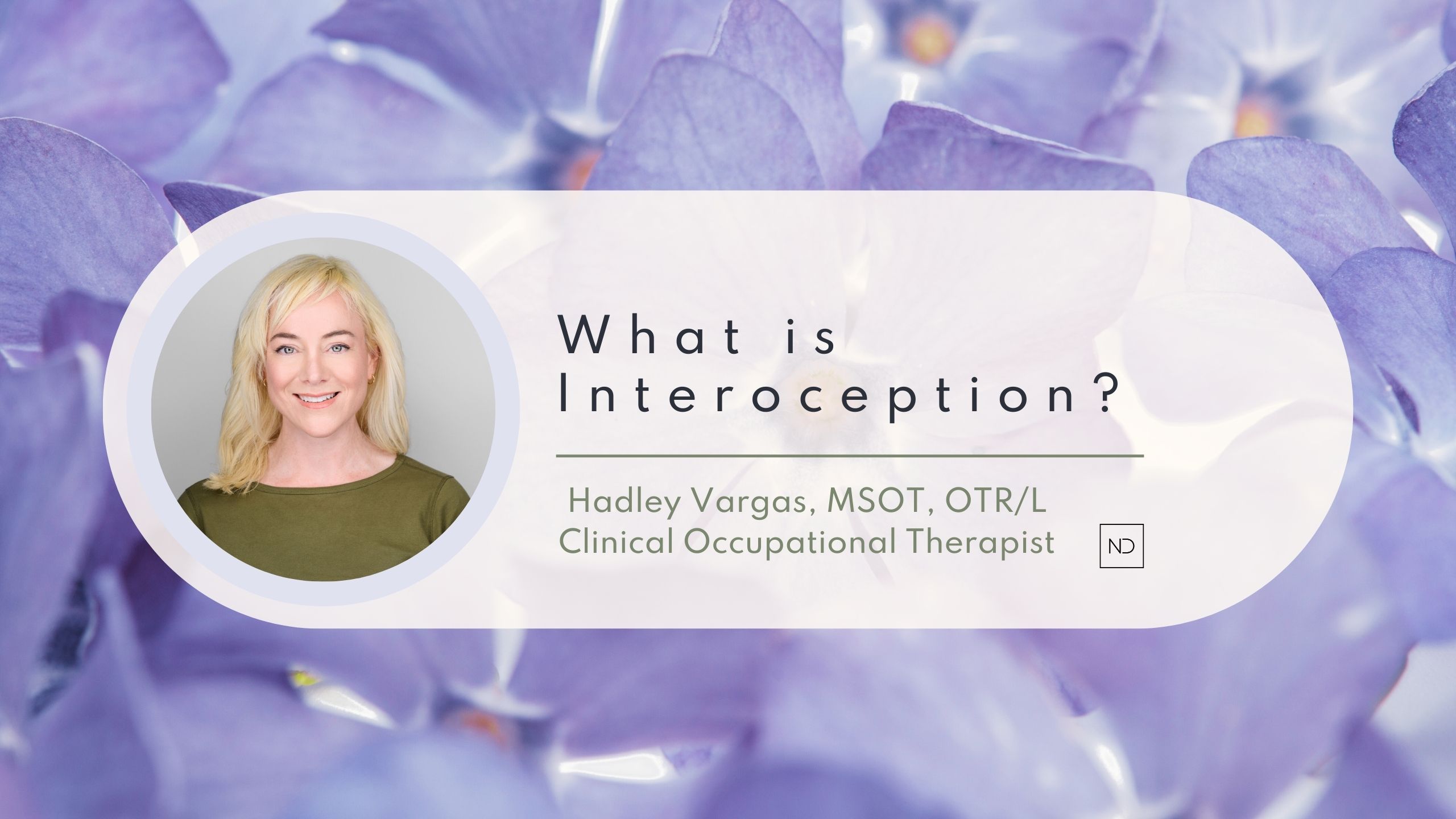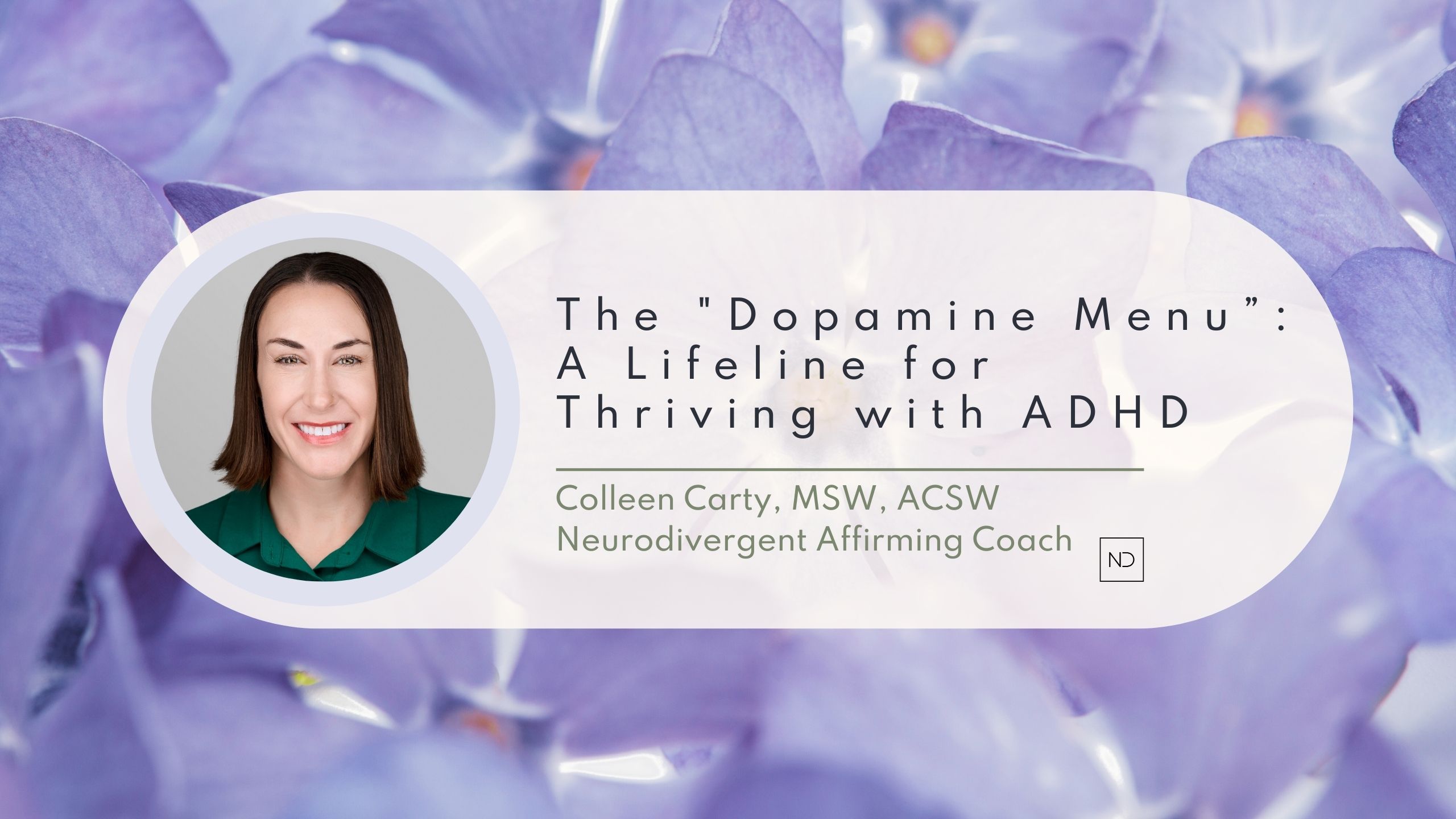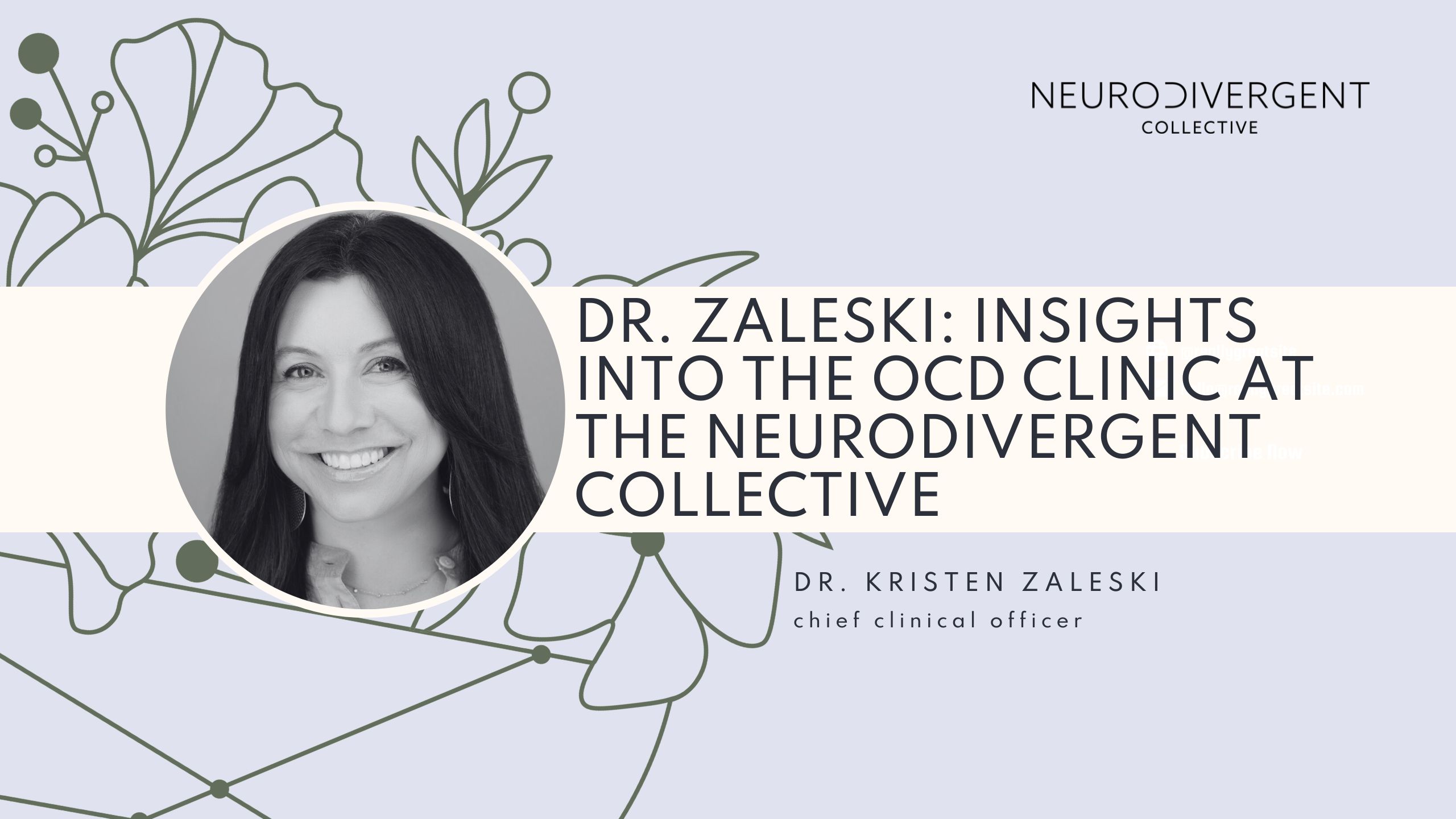
What is Interoception?
Written By: Hadley Vargas, MSOT, OTR/L | Clinical Occupational Therapist
WHAT IS INTEROCEPTION?
Occupational therapists promote functional independence in all areas of life. In order to achieve this, occupational therapists help clients strengthen many skills, including interoception. Interoception is the process by which the nervous system senses, interprets, and integrates signals originating from within the body. These signals provide critical information about the body’s internal state, such as hunger, thirst, pain, heart rate, and emotional states. Interoception plays a fundamental role in maintaining a regulated nervous system, allowing individuals to respond appropriately to their physiological needs. By being attuned to these internal cues, one can better manage their health and well-being, recognizing when they need to attend to various physiological needs such as eating, hydrating, resting, or seeking medical attention.
WHY IS INTEROCEPTION IMPORTANT?
Interoception is crucial for effective self-regulation because it provides the foundational awareness needed to understand and manage internal states. For instance, recognizing the early signs of stress or anxiety through bodily sensations can prompt individuals to engage in coping strategies before these feelings become overwhelming. This early intervention can prevent maladaptive behaviors and promote healthier responses to stressors, enhancing overall emotional resilience and stability.
HOW DOES INTEROCEPTION SUPPORT EMOTIONAL INTELLIGENCE?
Interoception supports the development of emotional intelligence, which is the ability to identify, understand, and manage one’s own emotions. By being aware of the bodily signals that accompany different emotions, individuals can gain greater insight into their present state in order to respond effectively. This heightened awareness can improve interpersonal relationships and communication, as individuals who are in tune with their internal states are often better equipped to empathize with others and navigate social interactions effectively. Fostering interoceptive skills is a critical component of mental heath and functional independence, as it improves the ability to self regulate one’s own nervous system.
Do you have a question?
Send us a message








